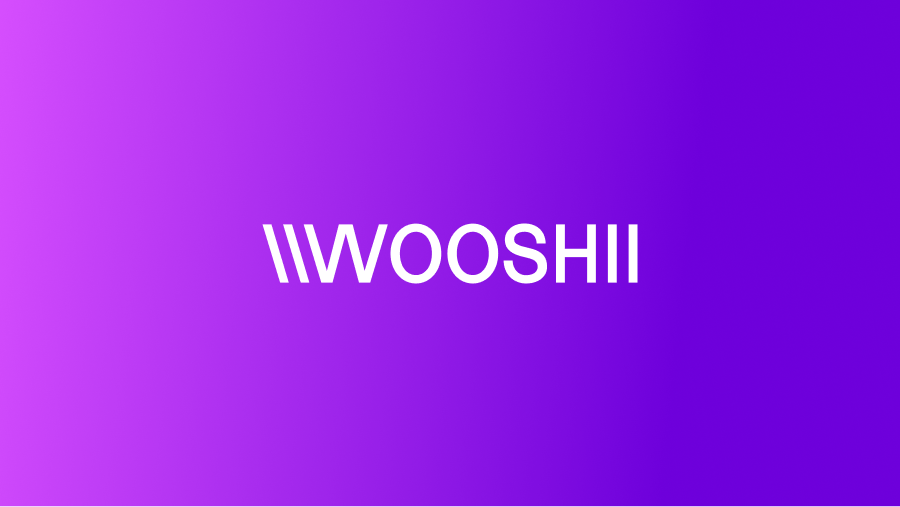Unlocking the True Value of AI Investment for Marketers
As a marketer, you’ve likely heard the AI hype train chugging along for years. Maybe you’ve even jumped on board with a chatbot or two. But let’s be honest – has your AI investment really paid off?
Enter AI agents: the game-changers that might finally deliver the ROI you’ve been chasing. These aren’t your grandma’s chatbots. Think of them as super-smart digital assistants that can tackle complex tasks, make decisions, and even learn from their mistakes.
In this post, we’ll explore how AI agents are set to revolutionize marketing ROI by 2025. We’ll break down what they are, why they matter, and most importantly, how you can start leveraging them to boost your bottom line.
The AI Shift: From Hype to Hard Numbers
Remember when slapping “AI-powered” on a product was enough to make investors swoon? Those days are long gone. Now, CEOs and CFOs want to see concrete returns on their AI investments.
Here’s the problem: many marketers are struggling to show real value from their current AI tools. You might relate to challenges like:
- Data silos preventing a unified view of your customers
- Chatbots that frustrate more than they help
- AI tools that require constant human oversight
- Difficulty scaling personalization efforts
AI agents address these pain points head-on. They’re designed to integrate seamlessly with your existing systems, automate complex workflows, and make intelligent decisions at scale.
AI Agents: Your New Marketing Superpower
So, what exactly are AI agents, and how do they differ from the AI tools you might already be using? Let’s break it down:
AI Agents vs. Traditional Chatbots
| Traditional Chatbot | AI Agent |
|---|---|
| Follows pre-defined scripts | Uses natural language processing to understand context |
| Limited to simple Q&A | Can perform complex tasks and make decisions |
| Operates in a single channel | Integrates across multiple systems and data sources |
| Requires frequent human intervention | Works autonomously with minimal oversight |
Imagine having a digital marketing assistant that could:
- Analyze your campaign data and suggest optimizations in real-time
- Craft personalized email content for different customer segments
- Manage your social media posting schedule and engage with followers
- Predict which leads are most likely to convert and prioritize outreach
That’s the power of AI agents in action.
The Four Phases of AI Agent Adoption
Implementing AI agents isn’t an overnight process. Based on industry trends, we can expect most companies to go through four distinct phases.
Phase 1: Initial Adoption (Months 1-6)
This is where you’ll dip your toes in the AI agent waters. Start small by identifying a single, repetitive task that’s eating up your team’s time.
For example, Sarah, a marketing manager at a mid-sized e-commerce company, began by using an AI agent to sort and categorize customer support tickets. This freed up her team to focus on resolving complex issues rather than spending hours on triage.
Phase 2: Expansion (Months 7-12)
Once you’ve seen success with your initial project, it’s time to think bigger. Look for opportunities to integrate AI agents across multiple marketing functions.
Sarah’s team expanded their use of AI agents to:
- Analyze customer browsing patterns and suggest personalized product recommendations
- Automate social media responses for common inquiries
- Generate first drafts of marketing copy based on product specs and brand guidelines
Phase 3: Optimization (Months 13-18)
By this stage, AI agents are becoming an integral part of your marketing operations. The focus now shifts to fine-tuning their performance and expanding their decision-making capabilities.
For Sarah’s team, this meant:
- Training the AI agent on more nuanced brand voice guidelines
- Allowing the agent to make real-time bid adjustments in PPC campaigns
- Integrating customer lifetime value predictions into the agent’s decision-making process
Phase 4: Standardization (Months 19-24+)
In the final phase, AI agents become the new normal. Your team develops best practices for working alongside AI, and you start seeing significant ROI from your investment.
Sarah’s company saw:
- A 30% reduction in customer support response times
- A 25% increase in email marketing conversion rates
- 15% higher overall marketing efficiency, allowing for reallocation of budget to high-impact projects

The Business Case for AI Agents in Marketing
Now that we understand what AI agents are and how they’re adopted, let’s talk dollars and cents. Why should you care about AI agents from a business perspective?
1. Automating the Mundane (So You Can Focus on the Magic)
How much of your day is spent on repetitive tasks like:
- Scheduling social media posts
- Pulling data for weekly reports
- Segmenting email lists
- Responding to basic customer inquiries
AI agents can handle all of this, freeing you up for the creative, strategic work that actually moves the needle.
2. Personalization at Scale (Without Losing Your Mind)
We all know personalization drives results, but it’s a massive undertaking. AI agents make it possible to:
- Analyze individual customer behavior across touchpoints
- Craft tailored messages for micro-segments
- Deliver the right content at the right time on the right channel
One e-commerce company saw a 20% lift in conversion rates after implementing AI-driven personalization across their marketing channels.
3. Data-Driven Decisions (At the Speed of Business)
In today’s fast-paced market, waiting days or weeks for insights isn’t an option. AI agents can:
- Analyze vast amounts of data in real-time
- Identify trends and anomalies humans might miss
- Make on-the-fly adjustments to campaigns
- Provide actionable recommendations in plain English
A B2B software company used AI agents to optimize their lead scoring model, resulting in a 35% increase in sales-qualified leads passed to their team.
Measuring ROI: Beyond the Buzzwords
Of course, the big question is: How do you measure the ROI of your AI agent investment? While some benefits are immediately quantifiable, others are more nuanced. Here’s what to track:
Hard Metrics:
- Time saved on routine tasks (e.g., 10 hours/week per team member)
- Increase in conversion rates for AI-optimized campaigns
- Reduction in customer churn
- Cost savings from automated processes
Soft Metrics:
- Improved employee satisfaction (less time on mundane tasks)
- Enhanced customer experience (faster, more personalized interactions)
- Increased agility in responding to market changes
- Better cross-team collaboration (AI agents can bridge data silos)
Remember, full ROI often takes 18-24 months to materialize. Be patient and focus on continuous improvement.
Getting Started: Your AI Agent Action Plan
Ready to dip your toes into the AI agent waters? Here’s a step-by-step plan to get you started:
- Identify your pain points: Where are you wasting the most time? What processes feel inefficient?
- Start small: Choose one specific task or workflow for your first AI agent project.
- Get buy-in: Educate your team and leadership on the potential of AI agents. Focus on the problems you’ll solve, not just the technology.
- Choose the right partner: Look for vendors with experience in your industry and a track record of successful implementations.
- Set clear goals: Define what success looks like for your pilot project. Be specific and measurable.
- Iterate and expand: Use learnings from your pilot to refine and scale your AI agent strategy across other areas of marketing.

The Future of Marketing: Human + AI Collaboration
As we look towards 2025 and beyond, it’s clear that AI agents will play an increasingly central role in marketing. But this doesn’t mean humans are becoming obsolete – far from it.
The most successful marketers will be those who learn to collaborate effectively with AI agents, combining human creativity and empathy with machine efficiency and data-crunching power.
Imagine brainstorming campaign ideas with an AI agent that can instantly pull relevant market data, suggest copy variations, and even mock up design concepts. Or picture an AI agent that handles the nitty-gritty of campaign execution, freeing you up to focus on high-level strategy and building genuine human connections with your customers.
Conclusion: Your AI Agent Journey Starts Now
AI agents represent a practical, ROI-driven entry point into the world of AI for marketers. They offer a tangible way to automate tasks, enhance decision-making, and deliver personalized experiences at scale.
As we’ve seen, the adoption of AI agents typically follows a four-phase process:
- Initial Adoption
- Expansion
- Optimization
- Standardization
By starting small and gradually expanding your use of AI agents, you can transform your marketing operations and drive real, measurable ROI from your AI investments.
The future of marketing is a collaborative dance between human creativity and AI-powered intelligence. Are you ready to take the lead?






